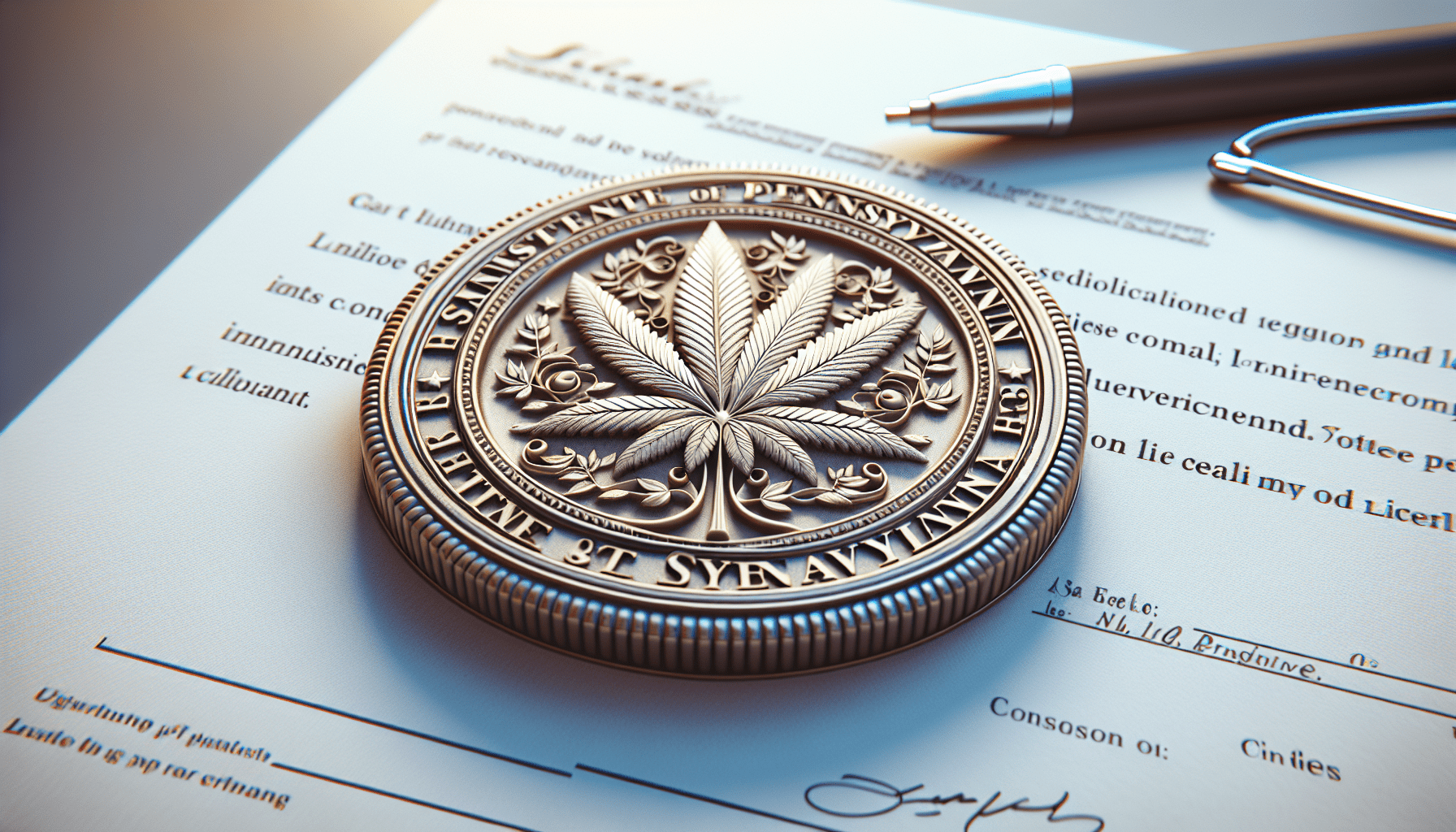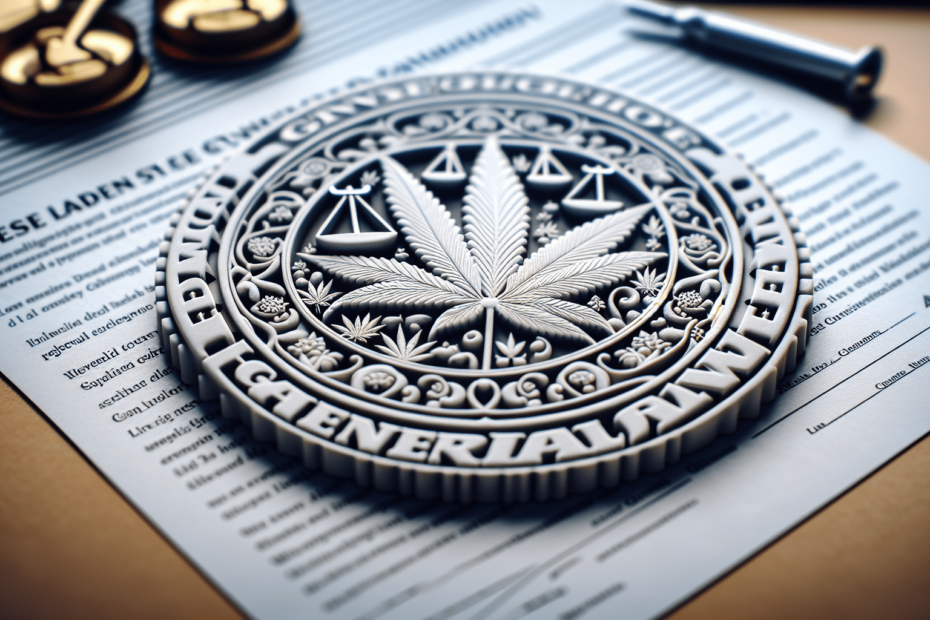What Licenses Are Required For Cannabis Cultivation In Pennsylvania?
Overview of Cannabis Cultivation Licensing in Pennsylvania
Pennsylvania has a regulated medical cannabis program, and the state has specific licenses required for cannabis cultivation. If you are interested in becoming a cannabis cultivator in Pennsylvania, it is essential to understand the licensing requirements.
Types of Licenses for Cannabis Cultivation
In Pennsylvania, there are two main types of licenses for cannabis cultivation:
- Grower Processor License: This license allows you to cultivate and process cannabis.
- Dispensary License: This license permits you to sell cannabis products to registered patients.
Application Process for Cannabis Cultivation Licenses
To apply for a cannabis cultivation license in Pennsylvania, you must submit a detailed application to the Department of Health. The application process includes background checks, financial disclosures, and operational plans.

Requirements for Cannabis Cultivation License in Pennsylvania
Eligibility Criteria
To qualify for a cannabis cultivation license in Pennsylvania, you must meet the following criteria:
- Be at least 21 years of age
- Be a Pennsylvania resident
- Have no felony convictions within the last five years
Financial Requirements
You must have sufficient financial resources to operate a cannabis cultivation facility. The Department of Health may require you to provide financial statements and proof of funds to cover startup costs.
Operational Plans
You must submit a detailed operational plan that outlines how you will cultivate, process, and sell cannabis. This plan should include security measures, inventory control procedures, and quality assurance protocols.
Security Measures
Cannabis cultivation facilities in Pennsylvania must adhere to strict security requirements. You must have surveillance cameras, alarm systems, and secure storage areas to prevent theft and diversion.

Steps to Obtain a Cannabis Cultivation License in Pennsylvania
Step 1: Review the Regulations
Before applying for a cannabis cultivation license, it is essential to review the regulations set forth by the Pennsylvania Department of Health. Familiarize yourself with the requirements to ensure that you meet all criteria.
Step 2: Prepare Your Application
Gather all necessary documentation, including financial statements, operational plans, and background checks. Ensure that your application is complete and accurate before submitting it to the Department of Health.
Step 3: Submit Your Application
Once you have prepared your application, you must submit it to the Department of Health for review. Be prepared to answer any additional questions or provide further documentation as needed.
Step 4: Await Approval
The Department of Health will review your application and conduct a thorough background check. If your application meets all requirements, you will be granted a cannabis cultivation license in Pennsylvania.

Compliance and Regulations for Cannabis Cultivation in Pennsylvania
Seed-to-Sale Tracking
Pennsylvania requires cannabis cultivators to use a seed-to-sale tracking system to monitor the production and distribution of cannabis products. This system helps ensure that cannabis is grown, processed, and sold legally.
Testing Requirements
Cannabis products in Pennsylvania must undergo testing by state-approved laboratories to ensure potency and purity. Cultivators must comply with testing requirements and provide certificates of analysis for all products.
Packaging and Labeling
All cannabis products must be packaged and labeled according to Pennsylvania regulations. Labels must include information such as THC content, dosage instructions, and warnings about potential health risks.
Reporting Requirements
Cannabis cultivators in Pennsylvania must submit regular reports to the Department of Health detailing their production and sales activities. Compliance with reporting requirements is essential to maintain a valid cultivation license.

Conclusion
Obtaining a cannabis cultivation license in Pennsylvania is a complex process that requires careful planning and adherence to regulations. By understanding the licensing requirements and following the necessary steps, you can become a licensed cannabis cultivator in the state. Remember to stay informed about any changes in regulations to ensure compliance with state laws.

